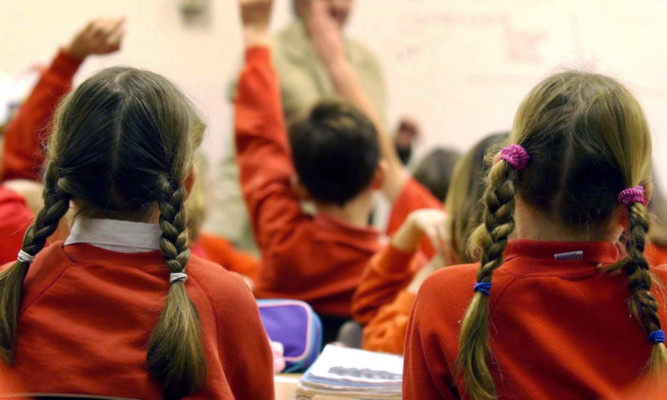Scotland may be better able to tackle the inequalities in its education system with independence, according to economists at the London School of Economics.
Educational inequality is “a huge problem that devolution has been unable to solve”, the economist have found.
Scotland “is unable to raise taxes or alter many other aspects of fiscal policy, which somewhat limits the level and distribution of spending on education”, according to a blog by LSE economist Stephen Machin and education researchers Sandra McNally and Gill Wyness.
They said: “When considering whether or not Scotland should gain independence from the UK, voters may wish to think about how their nation has fared in areas of public policy that are already highly devolved.
“One such area is education, where there are several key differences between the Scottish system and what is in place in the rest of the UK.
Scotland’s exam performance has been static while UK performance has been increasing, and children in Scotland are more likely to leave school early.
There are “deep levels of inequality in Scotland, particularly between pupils from different socioeconomic groups,” the economists found, with the difference in attainment as wide as the educational gulf between wealthy Hong Kong and relatively poor Turkey.
The blog states: “Educational inequality is a huge problem that devolution has been unable to solve. But while this may be cause for alarm, it is a problem that is shared by all four nations of the UK, with Scotland faring no worse in these terms than England.
“Furthermore, while Scotland is in charge of its education system, it is unable to raise taxes or alter many other aspects of fiscal policy, which somewhat limits the level and distribution of spending on education. Perhaps with independence Scotland would be better able to tackle the inequalities in its education system.”
A Scottish Government spokesman said: “With the full fiscal and economic powers of independence the Scottish Government could do more address inequalities in Scottish society, and welcome the LSE’s recognition of this. While outcomes are improving for most people in Scotland they are not improving fast enough for the most disadvantaged in our society.
“Until Scotland gains full control of its own finances, and is able to develop our own system of welfare, benefits and taxation, we will continue to be at the mercy of decisions taken remotely that limit our ability to do the best we can.”
A Yes Scotland spokesman said: “Independence presents a real opportunity to tackle inequality, not only in education, but also in narrowing the gap between the richest and poorest in our society and addressing other social ills such as child poverty and fuel poverty. After all the UK is currently the fourth most unequal society in the developed world, reflecting the fact that Westminster isn’t working.
“The Scottish Parliament has made progress in trying to tackle inequality, including in educational opportunity. But only with the full powers of independence can inequality in all its forms be tackled.”
